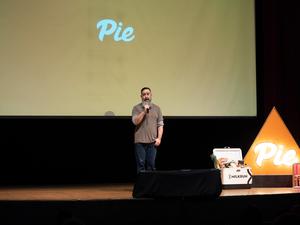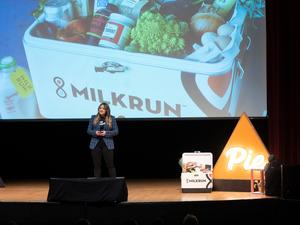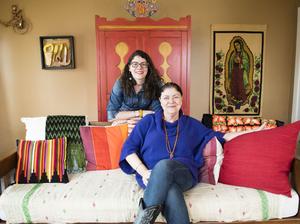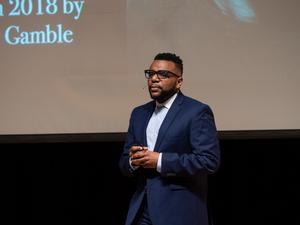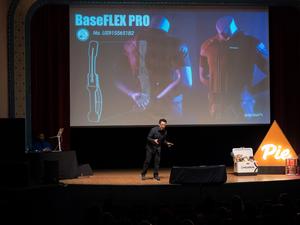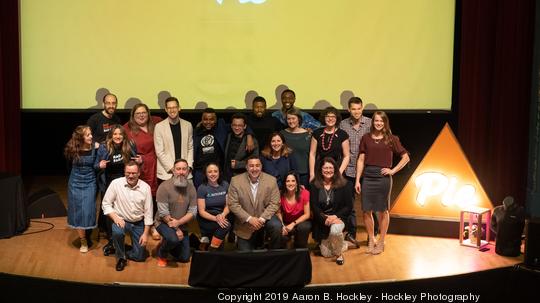
The latest group of Portland Incubator Experiment startups are set to take the stage — virtually — for Demo Day June 28.
The event is the culmination of the program, which had been extended this year as founders, and the accelerator, navigated the uncharted waters of a global pandemic and the related economic fallout.
The event starts at 3:14 p.m. (see what they did there) Pacific time and is free and open to everyone. General Manager Rick Turoczy outlined in a blog post the three ways to follow along during the event: Twitter, YouTube and a virtual trade show. The trade show is accessible through a browser and doesn’t require any extra downloads.
This round of PIE had about 60 startups participating across the four flavors of the program: software, hardware, consumer products and a lighter touch version.
Turoczy said the pandemic had significant impact on the Portland startup community and the group is evaluating how to move forward to best address the new challenges. PIE partners with software makers Autodesk and Puppet for space for its programs, and those will likely continue, he said.
However, the group isn’t going to have another class until 2022.
One of the biggest unanswered questions for the startup community as the region emerges from the Covid-19 pandemic is how the increase in remote work, and companies’ embrace of remote work, will affect startup creation.
If it is easier for people to live and work where they want and keep their day jobs, how will that affect people’s needs and wants to start their own businesses?
“Portland already had a fairly risk-averse culture as it was,” Turoczy said. “I remain hopeful that would-be founders still choose to pursue their startup ideas — as opposed to sticking with a day job. But given that practically every company is a remote company these days, it may be hard to defend leaving the day job.”
PIE started as a co-working space in 2009. It is an important part of the city’s startup ecosystem and was a key player in creating the software startup community when the city was still most widely known for hardware. It has since grown to include other types of startups.
Pre-pandemic, its namesake program was housed within the offices of software maker Puppet. It also runs PIE Shop, which focuses on hardware startups, and pre-pandemic, was housed at the office of software maker Autodesk. The PIE Consumer program works with consumer product startups in conjunction with the nonprofit Built Oregon. That program works with companies a bit further along that mostly have their own spaces to work in but would gather for events. The last program, Slice of PIE, is the all-virtual program.
As the group continues to evolve and experiment it is looking hard at the issues surrounding the availability of risk-tolerant capital in the region. Access to capital is once again a top need for startups coming out of the pandemic. Venture investment has continued to flow into the Portland metro, but, like national trends those dollars are flocking to later stage deals. And, when it comes to founders who are women or other underrepresented groups the numbers are even worse.
Companies that were able to generate revenue, like those in consumer products, Turoczy said, were able to be more resilient over the last year.
In its earlier incarnations, like when it was sponsored by Wieden+Kennedy, PIE was able to invest in the startups it worked with. PIE is exploring how to bring in more angel investors to the community and how to once again provide capital in ways that make sense for the kinds of companies built here.
“I’m concerned that our accelerator program is no longer having the impact it once had,” Turoczy said. “And capital is definitely part of that equation. All of the mentoring resources and support in the world are for naught if the companies don’t have access to the investors and capital they need to help keep the company going at the earliest stages.”
